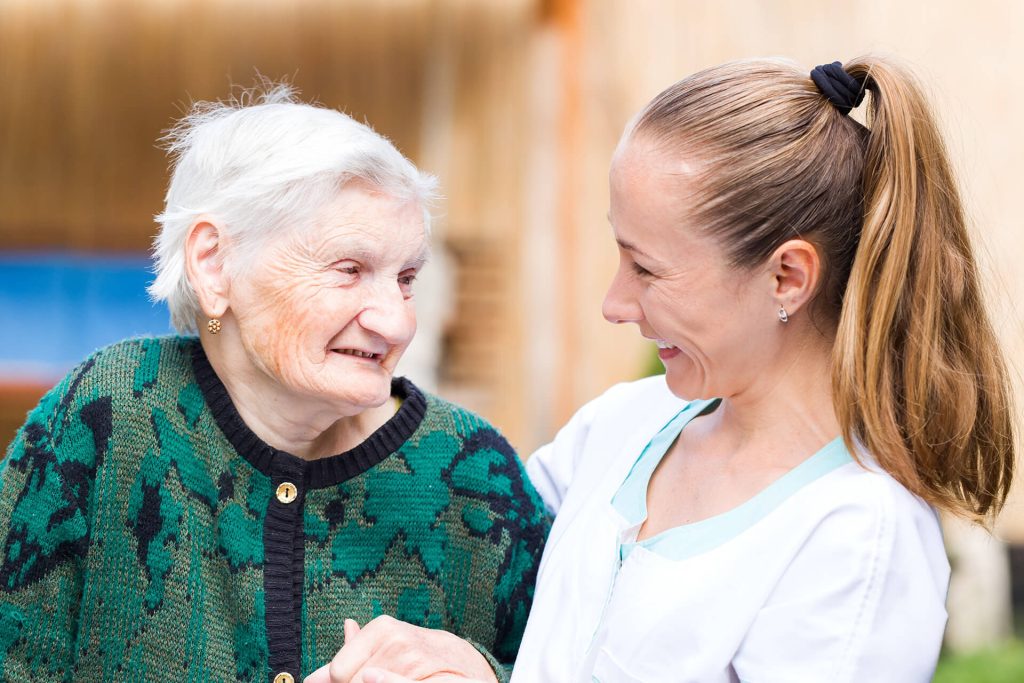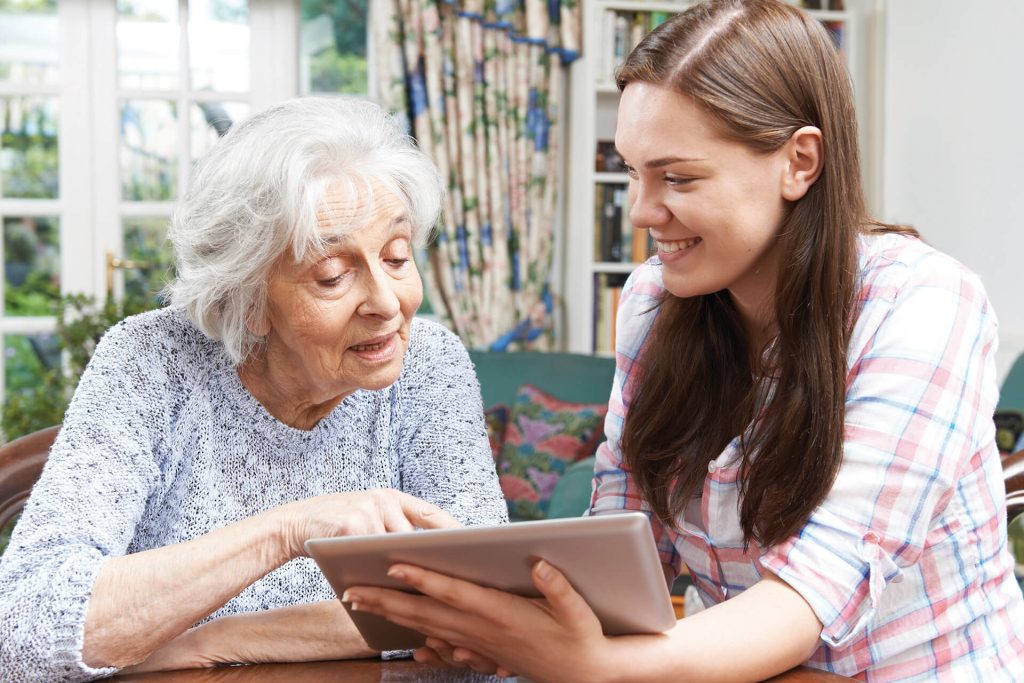In addition to preventing falls, a variety of additional services can significantly enhance the quality of life and overall well-being of seniors. Here are some valuable services that can help:
In-Home Care Services
- Personal Care Assistance: Helps with daily activities like bathing, dressing, grooming, and toileting, ensuring seniors maintain their dignity and hygiene.
- Meal Preparation: Assistance with meal planning, grocery shopping, and cooking nutritious meals tailored to dietary needs.

- Housekeeping: Light housekeeping services, including cleaning, laundry, and organizing, help seniors maintain a safe and tidy living environment.
- Companionship: Regular visits from caregivers provide emotional support, reducing feelings of loneliness and isolation.
Medical and Health Services
- Home Health Care: Skilled nursing care provided at home for seniors with medical needs, including wound care, medication administration, and monitoring chronic conditions.
- Telemedicine: Remote consultations with healthcare providers for routine check-ups, medication management, and health advice, reducing the need for travel.
- Physical Therapy: In-home or outpatient physical therapy services to improve mobility, strength, and balance, often tailored to individual needs.
- Occupational Therapy: Helps seniors adapt their living environment and daily routines to maintain independence despite physical limitations.
Transportation Services
- Non-Emergency Medical Transport: Transportation to and from medical appointments, therapies, and treatments, ensuring seniors can access necessary healthcare.
- Senior Rideshare Programs: Community-based transportation services for seniors who no longer drive, providing rides for errands, social visits, and recreational activities.
- Public Transit Support: Assistance with navigating public transportation systems, including escort services for seniors with mobility or cognitive challenges.

- Nutritional Counseling: Provides guidance on healthy eating tailored to the senior’s health conditions and dietary needs.
Nutrition and Meal Services
- Meals on Wheels: Delivers nutritious meals directly to seniors' homes, often with options tailored to dietary restrictions.
- Grocery Delivery: Services that deliver groceries directly to the home, helping seniors who have difficulty shopping in person.
Social and Recreational Programs
- Senior Centers: Offer a variety of activities, classes, and social events that help seniors stay active, engaged, and socially connected.
- Adult Day Care: Provides a safe and stimulating environment for seniors during the day, offering social interaction, meals, and activities while caregivers take a break.
- Volunteering Opportunities: Many organizations provide opportunities for seniors to volunteer, which can give them a sense of purpose and connection to the community.
Technology Services
- Tech Support and Training: Helps seniors learn how to use smartphones, computers, and tablets to stay connected with family and friends and access online services.
- Medication Management Apps: Reminders and tracking apps to help seniors manage their medication schedules, reducing the risk of missed doses or incorrect usage.
- Smart Home Devices: Installation and training on smart devices like voice-activated assistants, smart thermostats, and security systems to enhance safety and convenience.
Financial and Legal Services
- Financial Planning: Assistance with budgeting, managing finances, and planning for long-term care needs.
- Legal Assistance: Access to legal services for drafting wills, setting up power of attorney, and navigating elder law issues.
- Bill Payment Services: Help with managing and paying bills on time, reducing the stress of financial management.
Respite Care
- Short-Term Relief for Caregivers: Temporary care provided to give primary caregivers a break, allowing them to rest and recharge while ensuring the senior’s needs are met.
- Emergency Respite: Services available in unexpected situations where immediate care is needed for the senior.
Cognitive Support Services
- Memory Care Programs: Specialized programs and facilities for seniors with Alzheimer’s or other forms of dementia, offering tailored care and activities.
- Mental Health Counseling: Support from counselors or therapists to address issues like depression, anxiety, or grief, which can be common among seniors.
End-of-Life and Palliative Care
- Hospice Care: Provides comfort and support for seniors with terminal illnesses, focusing on quality of life and pain management.
- Palliative Care: Specialized medical care that focuses on providing relief from the symptoms and stress of serious illness, regardless of the diagnosis.
Safety and Security Services
- Emergency Alert Systems: Wearable devices that seniors can use to call for help in case of an emergency, such as a fall or sudden illness.
- Home Security Systems: Installation of security systems that include cameras, alarms, and emergency contact features to ensure the senior’s safety at home.
By integrating these services into the care plan, seniors can maintain a higher level of independence, improve their overall well-being, and enjoy a better quality of life. These services also provide peace of mind for their families, knowing that their loved ones are well-cared for and supported.




